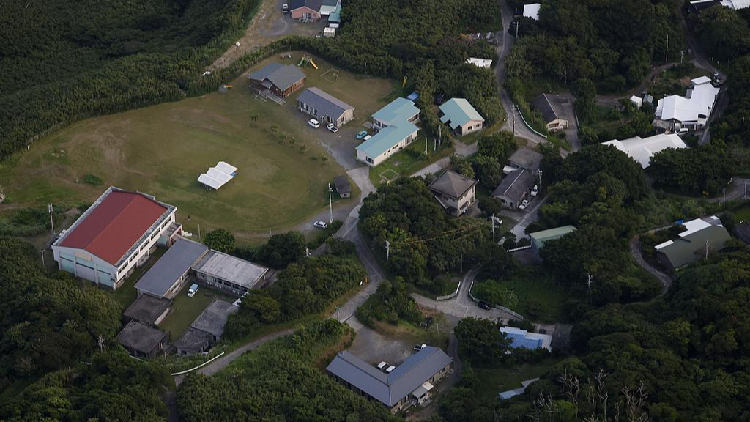 |
|
Given the extremely limited content provided – only the title "Chinese Embassy in Japan urges vigilance over natural disasters" and the note "Open in CGTN APP for better experience" – constructing a meaningful essay of at least 1000 words is impossible without making significant and potentially inaccurate assumptions about the article's full content. However, I can provide a detailed analysis based on what is known and extrapolate likely themes and implications were the full article available. The core issue is the Chinese Embassy in Japan issuing a warning about natural disasters. Japan is a country highly prone to earthquakes, typhoons, tsunamis, volcanic eruptions, and other natural calamities due to its geographical location in the Pacific Ring of Fire. The historical record is replete with devastating events, highlighting the constant need for preparedness and risk mitigation. The embassy's warning likely stems from an awareness of this heightened risk and a responsibility to protect Chinese citizens residing in Japan. Several factors could trigger such a warning. Firstly, there might be heightened seismic activity or unusual weather patterns detected by monitoring agencies, suggesting an increased likelihood of a major event. Secondly, a specific forecasted event like an approaching typhoon could prompt the embassy to issue the warning proactively. Thirdly, the warning could be part of a regular, ongoing campaign to raise awareness and preparedness among Chinese citizens, regardless of any immediate threat. This last scenario is less likely to generate a specific news headline, making the first two more probable. The implications of such a warning are multifaceted. For Chinese citizens in Japan, it serves as a reminder to review emergency plans, stock up on essential supplies (water, food, first-aid kits), and familiarize themselves with evacuation routes and procedures. It also encourages them to stay informed about official announcements and heed any instructions issued by local authorities. The embassy's role in this scenario is crucial. It acts as a bridge between the Japanese authorities and the Chinese community, translating information, providing guidance, and offering assistance to those in need. The effectiveness of the warning depends on several factors, including the clarity of the message, the accessibility of the information, and the responsiveness of the target audience. Cultural differences and language barriers can pose significant challenges, requiring the embassy to tailor its communication strategy to ensure maximum impact. Furthermore, the political context cannot be ignored. Sino-Japanese relations have historically been complex, marked by periods of cooperation and tension. In times of crisis, such as a major natural disaster, the ability of both countries to work together and provide mutual assistance is crucial for maintaining stability and fostering goodwill. The Chinese embassy's warning could be interpreted as a sign of concern and care for its citizens, reinforcing the importance of consular protection and diplomatic representation. However, it could also be viewed by some as an overreaction or an attempt to exert undue influence. The media coverage of the warning, both in China and Japan, can significantly shape public perceptions. Sensationalist reporting or biased commentary can exacerbate tensions and undermine trust. Therefore, it is essential for journalists to report responsibly and accurately, focusing on the humanitarian aspects of the situation and avoiding any political interpretations. Assuming a full article exists, it would likely detail the specific reasons for the warning, the recommended precautions, and the embassy's contact information for Chinese citizens seeking assistance. It might also include information about relevant resources provided by the Japanese government and local authorities. The article might also address the broader context of disaster preparedness in Japan and highlight the lessons learned from past events. Finally, it is important to note the limitations of relying solely on a headline and a note about an app. A comprehensive understanding of the situation requires access to the full article and related sources. Without such access, any analysis is necessarily speculative and should be treated with caution. Ultimately, the Chinese embassy's warning serves as a timely reminder of the ever-present risk of natural disasters and the importance of preparedness. It underscores the responsibility of governments and diplomatic missions to protect their citizens and the need for international cooperation in times of crisis. The full context provided by the missing article would reveal the urgency of the situation and the specific details of the advice given.
Source: Chinese Embassy in Japan urges vigilance over natural disasters
